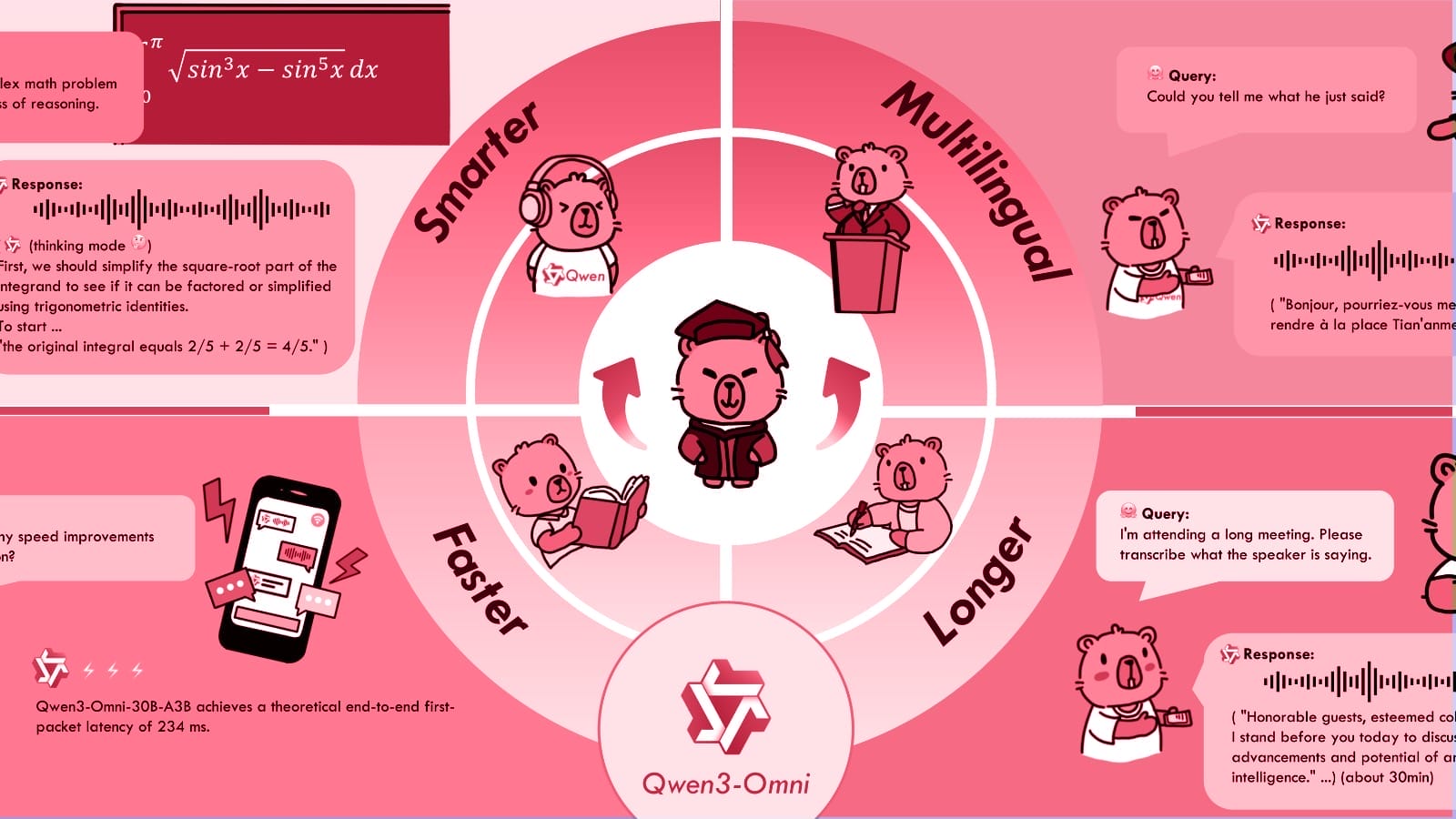Google updates Gemini 2.5 Flash models for developers and app users
Google has announced updates for its Gemini 2.5 Flash and Flash-Lite models, releasing improvements for both the public-facing Gemini app and for developers through new preview versions. According to a report by 9to5Google, users of the Gemini app will notice several enhancements to the Gemini 2.5 Flash model. Responses are now better organized with improved …




